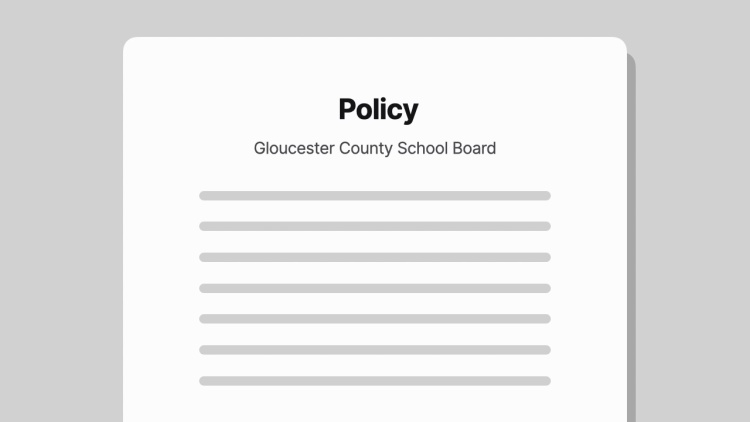Grimm v. Gloucester County School Board
United States Court of Appeals for the Fourth Circuit
972 F.3d 586 (2020)
- Written by Liz Nakamura, JD
Facts
Gavin Grimm (plaintiff), a female-to-male transgender boy, attended Gloucester High School, a federally funded public school. Grimm was enrolled as a female student. Grimm was diagnosed with gender dysphoria in freshman year and, on the advice of his psychologist, started living as a boy and using men’s bathrooms when out in public. At the beginning of Grimm’s sophomore year, Grimm informed the school that he was transgender and received permission to use the nurse’s single-stall bathroom. However, because using the nurse’s bathroom caused Grimm to feel stigmatized and shamed, Grimm subsequently received permission to use the regular boys’ multi-stall bathroom. Grimm used the boys’ bathroom for seven weeks without incident. However, after the Gloucester County School Board (the board) (defendant) learned about Grimm’s bathroom usage, the board enacted a policy that penalized students for using a bathroom that did not match their biological sex. The board also established separate unisex bathrooms. The board cited the need to protect student privacy as the justification for the new policy. Grimm suffered physical, psychological, and social harm because of the new policy, including suicidal ideations. At the same time the new bathroom policy went into effect, Grimm started hormone therapy and began to appear more physically masculine. During Grimm’s senior year, he underwent gender-affirming surgery and legally changed his sex under state law. Grimm asked the school to update his records to match, but the board refused. Grimm sued the board under Title IX and the Equal Protection Clause, arguing that the board’s bathroom policy and refusal to update his school records was impermissible sex-based discrimination targeting Grimm’s transgender status. The district court granted Grimm summary judgment. The board appealed.
Rule of Law
Issue
Holding and Reasoning (Floyd, J.)
Dissent (Niemeyer, J.)
What to do next…
Here's why 907,000 law students have relied on our case briefs:
- Written by law professors and practitioners, not other law students. 47,100 briefs, keyed to 996 casebooks. Top-notch customer support.
- The right amount of information, includes the facts, issues, rule of law, holding and reasoning, and any concurrences and dissents.
- Access in your classes, works on your mobile and tablet. Massive library of related video lessons and high quality multiple-choice questions.
- Easy to use, uniform format for every case brief. Written in plain English, not in legalese. Our briefs summarize and simplify; they don’t just repeat the court’s language.






